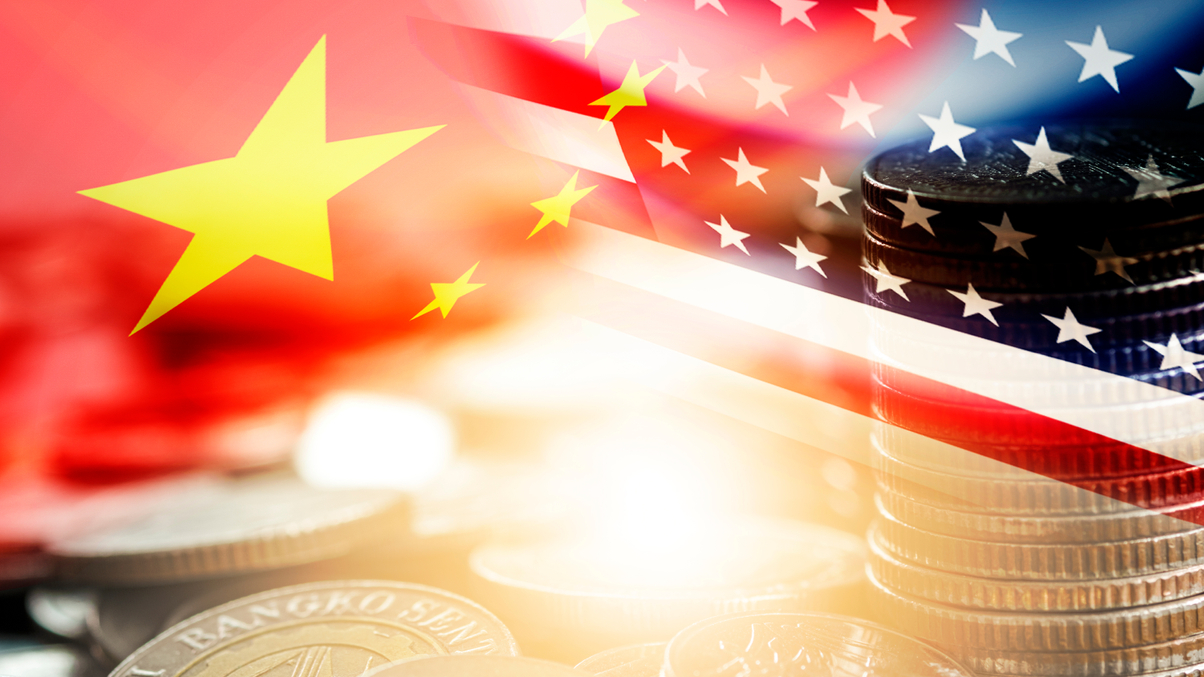Church Pension Fund trims China PE, but stays committed
The US-headquartered pension fund’s private equity chief believes investors’ flight from China-associated investments is ‘overdone’.

Church Pension Fund, a $17 billion New York-based pensions manager, has reduced exposure to China's private equity market and slowed the pace of investment amid geopolitical tensions, according to its private equity chief.
Sign in to read on!
Registered users get 2 free articles in 30 days.
Subscribers have full unlimited access to AsianInvestor
Not signed up? New users get 2 free articles per month, plus a 7-day unlimited free trial.
¬ Haymarket Media Limited. All rights reserved.


